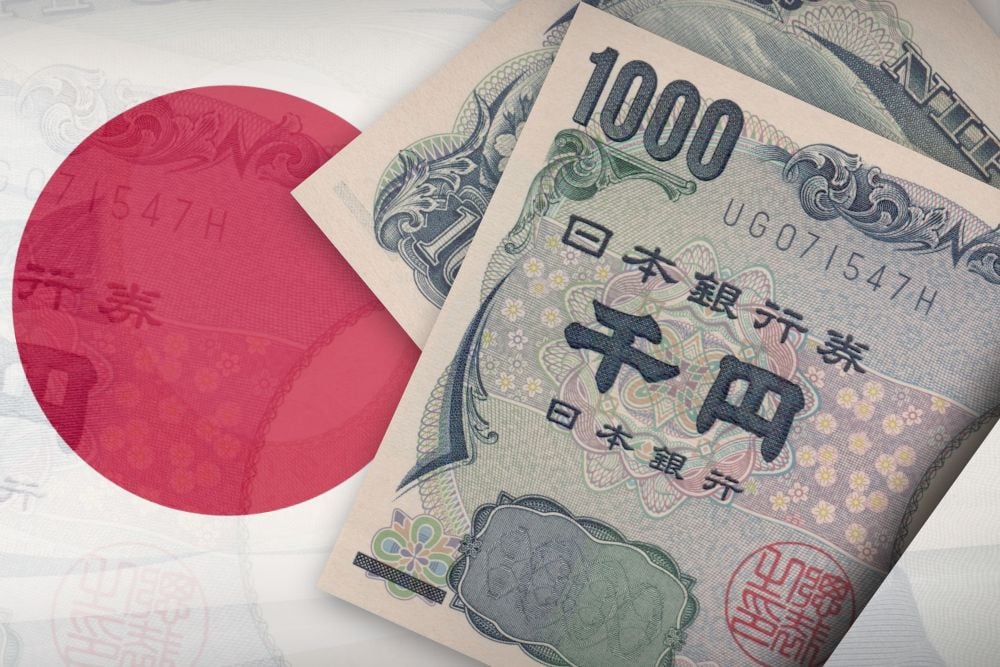 |
|
The markets have suffered from a renewed bout of fever, triggered by fears about China. But this also offers opportunities to those who believe in the underlying health of the industrial economies.
By end-August, financial markets had experienced not just a summer cold, but instead a serious bout of fever. On August 24, the most common measure of market fever, the VIX, which reflects implied volatility of the S&P 500 Index, reached its highest level since the beginning of the Eurozone crisis in summer 2011.
And the VVIX, which measures the volatility of the VIX – i.e. the volatility of the volatility – even reached a new historical high. Investors have become nervous in record time. And if many of them have taken similar positions and use similar risk-mitigation strategies, we are in for flash crashes – a phenomenon which we have been fearing for some time now. However, flash crashes offer opportunities, too.
The risks from China’s transformation should not be underestimated. The country has a one-sixth share of global trade, and its growth looks set to be more unpredictable in the future. Still, one should not misinterpret some of the latest data. Take the decline in commodity prices, which is thought to be a sign of a global growth slowdown. While oil is suffering from a supply shock – OPEC, Iran and U.S. shale production are all higher than expected –, steel and other industrial-metals prices are falling because demand from China is sluggish.
That does not tell us much about the situation of the global economy as a whole. The stock-price slide in China does not even reveal a great deal about the country’s economic situation, as the earlier equity boom was largely decoupled from fundamentals. For now, the biggest casualty of the equity market’s collapse is the Chinese authorities’ reputation of being the conductor of the economy. However, they appear worryingly worried right now.
We are still optimistic about the global economy and about most stock exchanges, even though the growth outlook for some emerging markets will probably be adjusted downwards due to commodity-price and currency weakness. Our scenario is based on the assumption that the upswings in Europe and the United States are sufficiently self-supporting not to be derailed by developments in China.
Recent market fever has made it more difficult for the Fed to stick to its own script on raising US interest rates. Bond markets no longer believe that a rate hike is imminent and inflation expectations are declining again. Nonetheless, with the U.S. labor market improving, we continue to expect a rate move during the remainder of this year. However, the Fed will need to be particularly careful in its public statements. Growth skeptics will say that a rate hike is a policy error.
If, however, the rate turnaround is delayed further, the typical stock market euphoria might turn into panic if Fed inaction is taken as a sign that it is concerned about the growth outlook. Whenever it happens, a rate hike will move the markets. It will be the first in nine years, so it will be an event that about one-third of active traders have never encountered during their career.
Asoka Wöhrmann is chief investment officer of Deutsche Asset & Wealth Management (Deutsche AWM) and member of the Deutsche AWM Executive Committee









